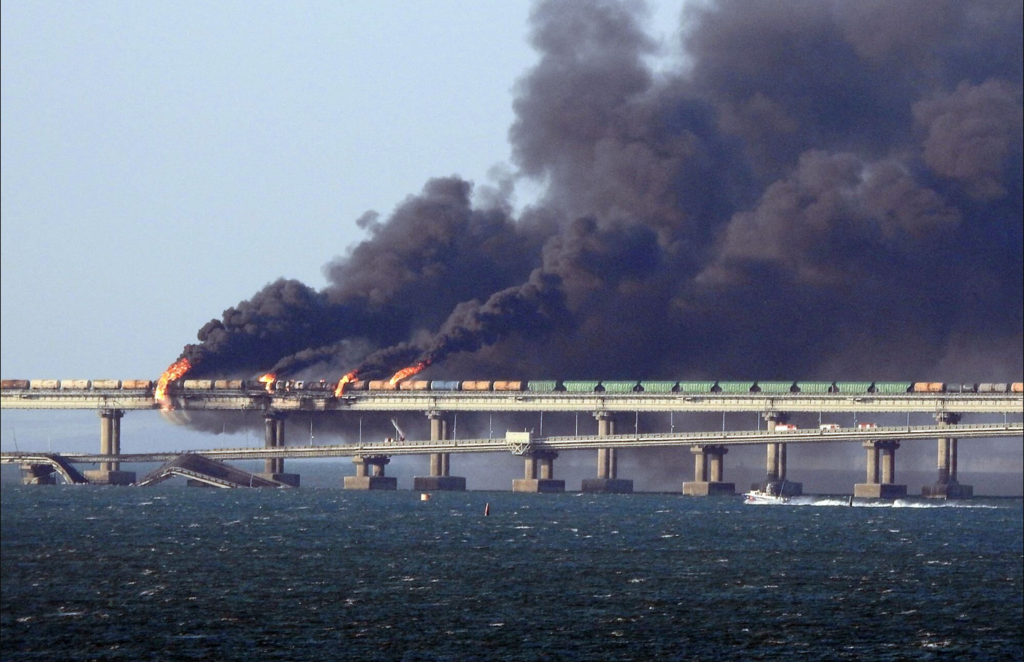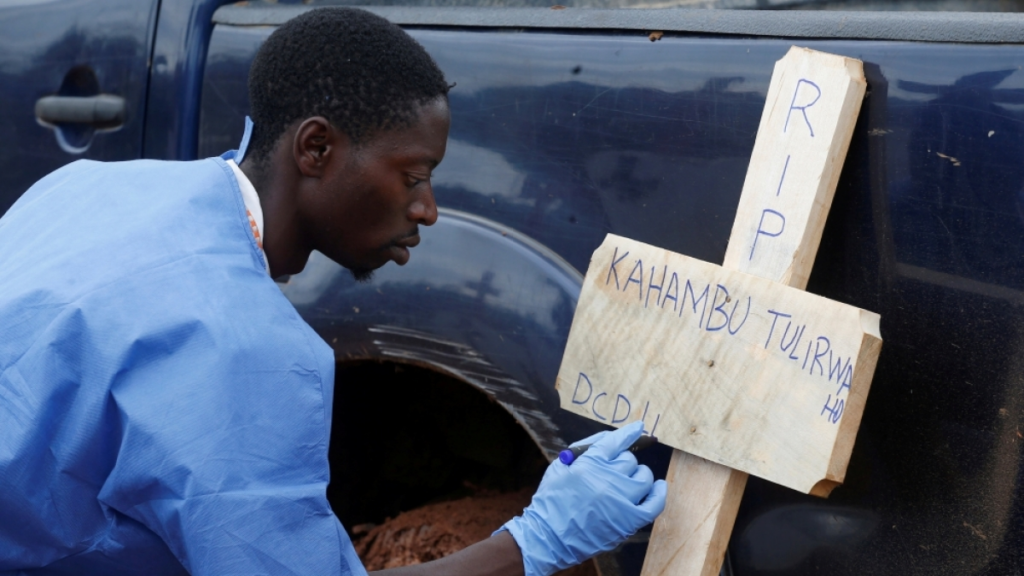Over 15 months of full-scale war, WHO registers 1,000th health care attack in Ukraine 2023

The World Health Organization (WHO) has confirmed the 1,000th attack on health care in Ukraine since the Russian Federation invaded in February, the largest number in any humanitarian crisis.
This gloomy milestone again underlines the country’s health system’s challenging and dangerous conditions and the limitations of delivering routine and emergency healthcare. Attacks prevent tens of thousands from getting health treatment, causing sickness and death.
Over the previous 15 months of full-scale conflict, 1,004 WHO-verified assaults have killed at least 101 health workers and patients and injured many more, affecting health professionals, supplies, facilities, and transport, including ambulances.
WHO defines health care attacks as “any act of verbal or physical violence, obstruction or threat of violence that interferes with the availability, access and delivery of curative and/or preventive health services during emergencies.” This includes heavy weapon assault, psychological threats, and intimidation that prevents vulnerable people from getting health treatment.
“These attacks threaten the safety and well-being of health workers and undermine care for people living near conflict areas,” said Dr. Jarno Habicht, WHO Representative in Ukraine. “Healthcare attacks violate international humanitarian law. They deny individuals attention and have far-reaching, long-term effects.”

An attack deprives a community of life-saving health services, causing sickness, death, and health system damage. The psychological impact on patients, afraid to seek care, and health staff, being unable to offer care in secure and protected conditions, will also have a long-term influence on population health.
WHO promotes safe healthcare delivery without violence, threat, or fear.
Dr. Habicht said, “The fact that the Ukrainian health system continues to operate amid such circumstances is a testament to the heroic dedication of healthcare workers.” “Despite the COVID-19 pandemic and now over a year of war, Ukraine’s healthcare workers remain amazingly strong, brave, and patient, day after day, saving lives and providing care to those in need. We support them and all those fighting to provide healthcare to all Ukrainians.”
WHO has been monitoring and reacting to health needs in the east and south, where violence is worst. Health institutions in Kherson, Kharkiv, Zaporizhzhia, and Donetsk have reported security and structural issues, according to HeRAMS. Despite damage, most health services in these places remain functional and accessible.
“Even as we continue to verify attacks on health as this relentless war grinds on, we also note that attacks on other civilian infrastructure, especially in the past six months, are indirectly impacting the health system overall,” said Dr. Habicht.
Since February 24, 2018, WHO has supported over nine million individuals countrywide. We are working with the UN and other partners to reach additional places, particularly regained Ukraine where health needs are greatest.”
Due to labor and equipment shortages, WHO data shows that delivering specialist services like chemotherapy and mammography is difficult. Some locations struggle to provide expert delivery care. Although basic healthcare is generally available in war-affected regions, health expenses have been rising in the past half-year, with WHO surveys showing that about a third of the population cannot afford some health treatments.
